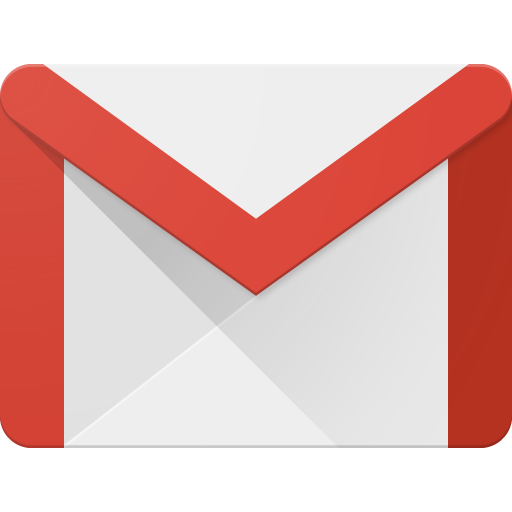Last update Jan. 15, 2025
How to protect myself?
Tips to protect your privacy and security while using Gmail.
- Enable two-factor authentication for enhanced account security.
- Review and adjust your Google Account privacy settings.
- Be cautious when granting access to third-party apps.
- Regularly delete emails containing sensitive information.
What happens when I sign up?
Gmail collects basic information during account creation.
- You provide a name, email address, and password.
- Gmail collects IP addresses and device data during registration.
- Optional recovery email and phone number are used for account security.
Who can access my data?
Access to your Gmail data is limited and controlled.
- Only you and those you explicitly grant access to can read your emails.
- Google employees may access data for troubleshooting with strict oversight.
- Third-party apps require your explicit consent to access Gmail data.
How long is my data stored?
Gmail retains your data while your account remains active.
- Emails are retained unless you delete them manually.
- Deleted emails remain in the Trash folder for 30 days before permanent deletion.
- Account data may persist temporarily for legal or recovery purposes.
How can I delete my data?
Gmail provides account deletion through the Google Account settings.
- Go to 'Google Account' > 'Data & Privacy' > 'Your Data & Privacy Options' > 'Delete your Google Account'.
- Account deletion removes all associated Gmail data, including emails and settings.
- Google allows you to download your data before deletion via the Takeout tool.
How are my data used?
Gmail uses your data to improve email services and personalize experiences.
- Emails are scanned for security purposes and spam filtering.
- Data is used to improve Gmail’s functionality and personalized features.
- Non-personalized data may be used for advertising on other Google services.
Are there ethical concerns with the service's AI implementation?
Gmail's AI usage raises some privacy considerations.
- AI scans email content for personalized recommendations and features.
- There are concerns about how Gmail uses data for AI model improvements.
- Google is committed to transparency and user control over data usage.
Does this service use AI?
Gmail uses AI for features like Smart Compose and spam filtering.
- AI powers features like Smart Compose and Smart Reply to enhance productivity.
- Spam and phishing emails are identified and filtered using AI algorithms.
- AI recommends actions like unsubscribing from newsletters you don’t read.
Does this service support two-factor authentication?
Gmail supports two-factor authentication for added security.
- Two-factor authentication (2FA) can be enabled in account settings.
- Options include SMS codes, Google Authenticator, and hardware security keys.
- 2FA provides an additional layer of protection against unauthorized access.
What encryption methods does this service use?
Gmail employs advanced encryption protocols to protect emails.
- Emails are encrypted in transit using Transport Layer Security (TLS).
- Stored data is encrypted with AES-256 encryption.
- End-to-end encryption is available for Google Workspace customers.
Is my data secure?
Gmail uses robust security measures to protect user data.
- Data is encrypted in transit using TLS and at rest using AES-256.
- Advanced phishing and malware protection is integrated into Gmail.
- Google conducts regular security audits to protect user data.

